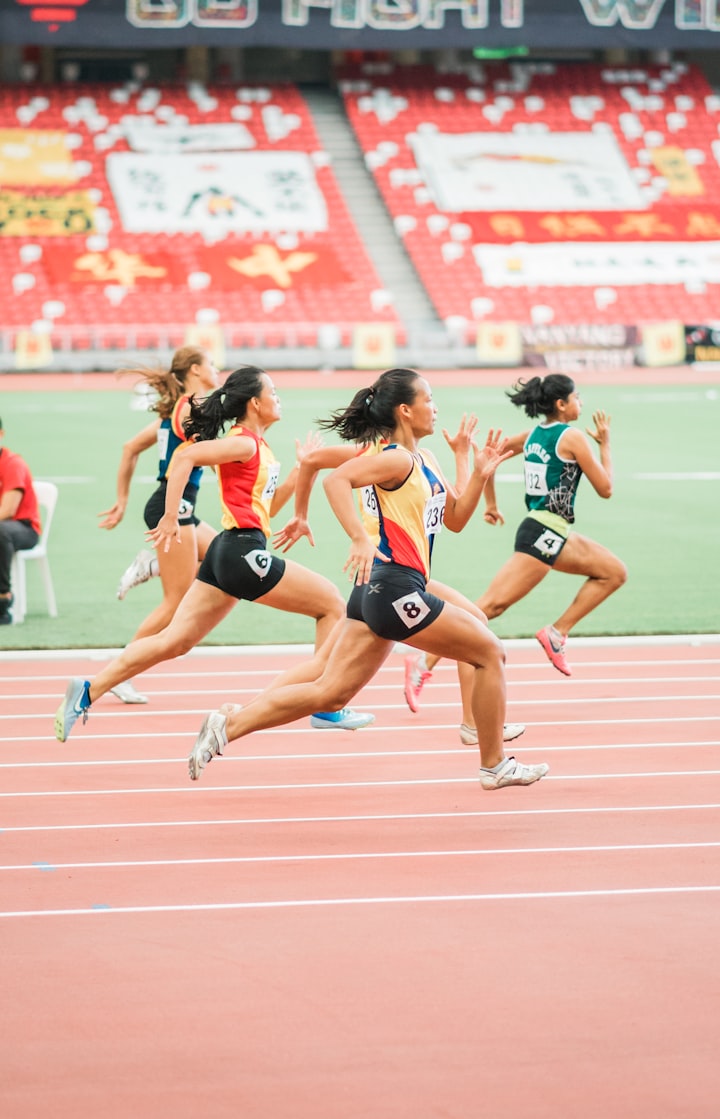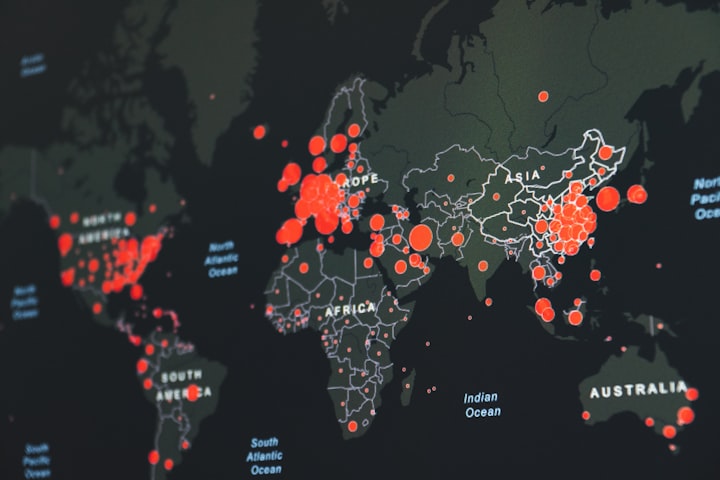The Nexus of East Asian Sports: How Athletics Influence Political Relations
The Interplay of East Asian Sports: Uniting and Dividing Nations

Sports have long served as a powerful tool for diplomacy and cultural exchange, transcending political boundaries and fostering goodwill among nations. In East Asia, a region marked by complex geopolitical dynamics and historical tensions, sports play a significant role in shaping political relationships among countries. From high-profile international competitions to grassroots sporting events, athletics serve as a platform for engagement, dialogue, and cooperation, influencing diplomatic ties and public perceptions across East Asian nations.
Sporting Events as Diplomatic Platforms:
International sporting events provide East Asian countries with opportunities to engage in diplomatic outreach and showcase their soft power on the global stage. Events such as the Olympic Games, Asian Games, and World Cup draw attention from around the world and offer East Asian nations a chance to enhance their international standing, build bridges with other countries, and promote cultural exchange. Diplomatic initiatives, bilateral meetings, and cultural exchanges often accompany major sporting events, facilitating dialogue and cooperation among participating nations.
Ping Pong Diplomacy: A Historic Example:
One of the most notable examples of sports diplomacy in East Asia is the phenomenon known as "Ping Pong Diplomacy," which played a pivotal role in thawing relations between the United States and China in the early 1970s. Table tennis exhibitions and matches between American and Chinese players served as a catalyst for diplomatic engagement, paving the way for President Richard Nixon's historic visit to China in 1972 and the normalization of diplomatic relations between the two countries. Ping Pong Diplomacy demonstrated the power of sports to bridge political divides and facilitate dialogue between nations.
Sports Rivalries and National Identity:
In East Asia, sporting rivalries often reflect deeper historical and political tensions among countries in the region. For example, tensions between Japan and South Korea, rooted in historical grievances and territorial disputes, are often reflected in sports competitions, particularly in soccer and baseball. Matches between Japanese and South Korean teams evoke strong emotions among fans and serve as a symbolic battleground for national pride and identity. Similarly, sporting events between China and Taiwan carry political significance, reflecting the complex relationship between the two entities.
Sports as a Tool for Soft Power:
East Asian countries leverage sports as a means of projecting soft power and enhancing their influence in the region and beyond. Hosting international sporting events, investing in athletic infrastructure, and nurturing world-class athletes are strategies employed by governments to bolster their national image and promote their cultural values. China's rise as a sporting powerhouse, exemplified by its successful hosting of the 2008 Beijing Olympics and its achievements in sports such as basketball and table tennis, has enhanced its soft power and global stature.
Sports Diplomacy in North Korea:
North Korea has utilized sports diplomacy as a means of engaging with the international community and improving its diplomatic relations. The participation of North Korean athletes in international competitions, such as the Olympics and World Championships, serves as a rare opportunity for interaction with the outside world and a platform for showcasing the country's athletic prowess. Symbolic gestures, such as joint Korean teams and inter-Korean sports exchanges, have been employed to promote peace and reconciliation on the Korean Peninsula.
Grassroots Engagement and People-to-People Exchange:
While high-profile sporting events receive considerable attention, grassroots sports initiatives also play a crucial role in fostering people-to-people exchange and building bridges between East Asian countries. Amateur sports leagues, youth exchanges, and community sports programs facilitate interactions among athletes and enthusiasts from different countries, fostering friendships and understanding at the grassroots level. These initiatives contribute to building trust and goodwill among ordinary citizens, laying the groundwork for improved relations at the national level.
Conclusion:
In conclusion, sports serve as a multifaceted tool for diplomacy, identity expression, and soft power projection in East Asia. From historic examples like Ping Pong Diplomacy to contemporary sporting rivalries and diplomatic initiatives, athletics play a significant role in shaping political relationships among countries in the region. By leveraging the power of sports, East Asian nations have the opportunity to promote mutual understanding, bridge political divides, and foster cooperation for the collective benefit of the region. As East Asia continues to navigate complex geopolitical dynamics, sports diplomacy offers a pathway towards peace, reconciliation, and prosperity in the region.
About the Creator
East Asian Headlines
Welcome to East Asian Headlines. Join us as we dive deep into the intricate web of East Asian relations. We provide insightful analysis to illuminate the ever-evolving landscape of East Asian affairs (language, culture, politics, and more).






Comments
There are no comments for this story
Be the first to respond and start the conversation.